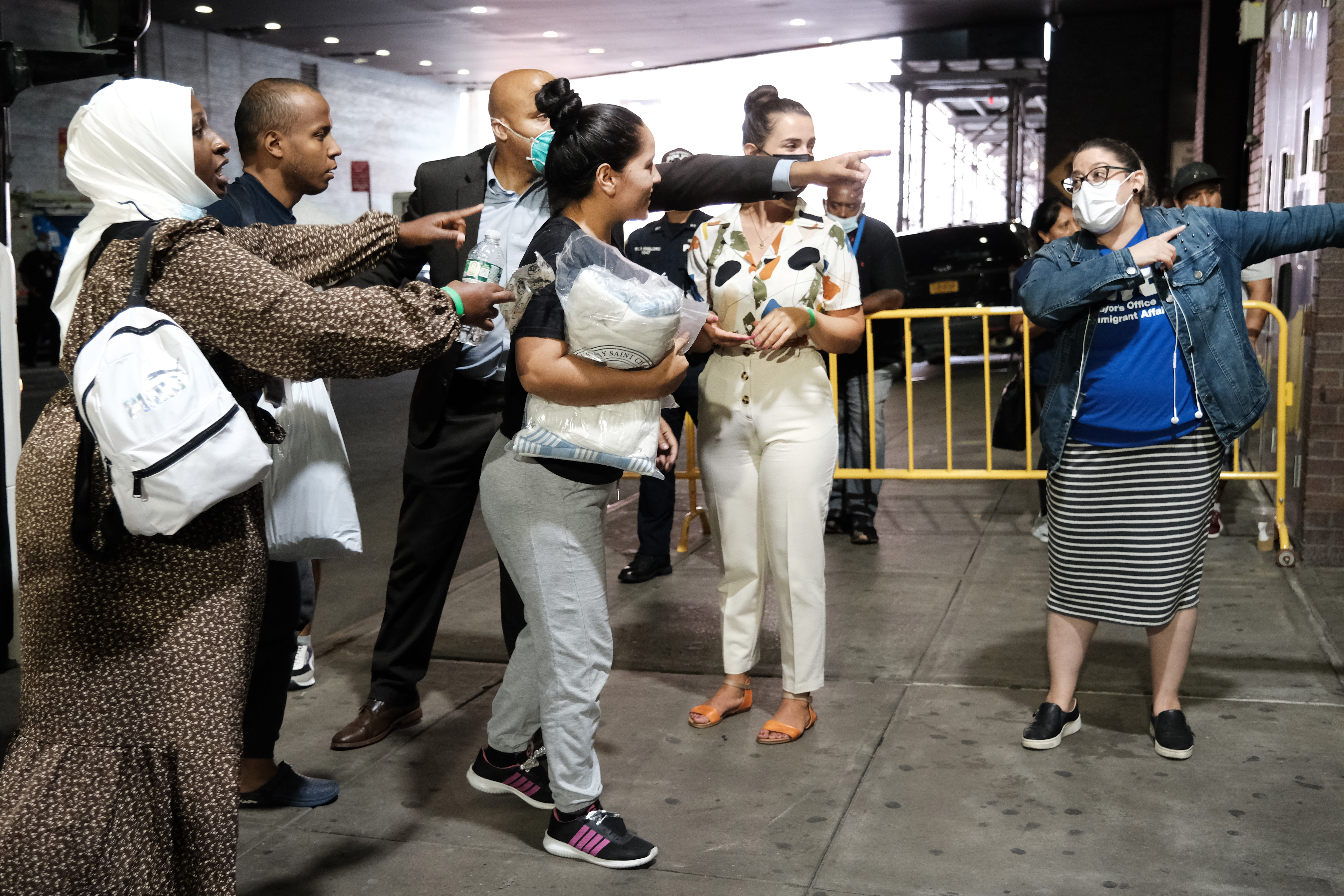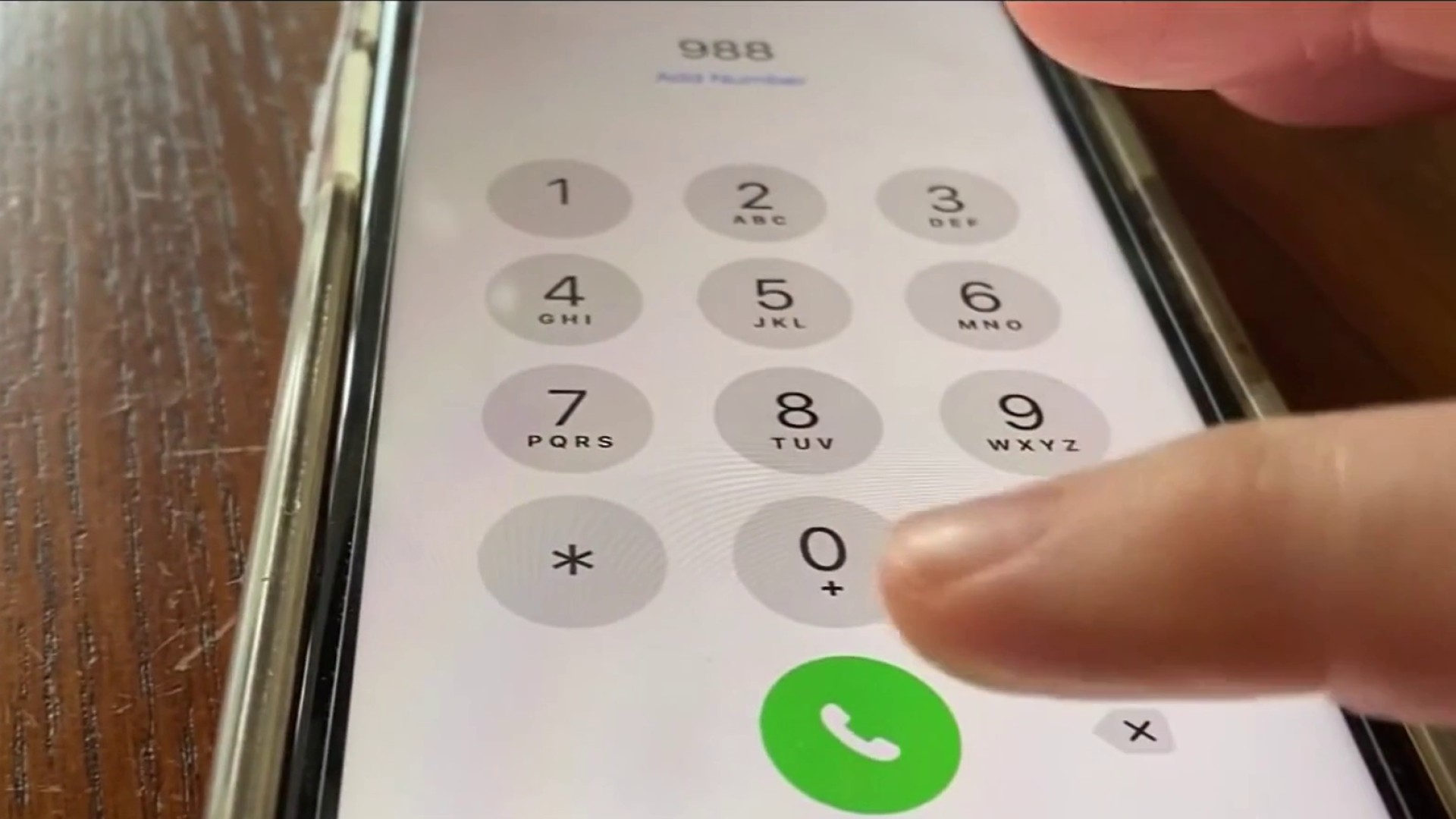Statistics show that the rate of suicide among Los Angeles military veterans is more than double that of civilians.
Now, a new program aims to find out why that is, and what red flags could be spotted before it's too late.
"Within 30 days, at one point in my life, I had attended 6 funerals," said Juan Sanabria, one of the counselors involved with the Veteran Suicide Review Team -- a new program that began on Thursday in LA County.
Sanabria is alive today, after surviving the horrors of war and the horrors of being home years later.
Get Southern California news, weather forecasts and entertainment stories to your inbox. Sign up for NBC LA newsletters.
"Shortly after 9-11, my inner patriot said something happened to my country and I have to defend it," he explained, "and I enlisted into the Marine Corps."
Sanabria was in Fallujah and so many more places, fighting alongside men and women who became his closest friends -- almost like family.
Ten years later, he was out of the military, at home, and feeling useless.
"It all started to turn when I got a phone call that my brother, William Donhart had committed suicide," Sanabria said. "He was my driver during my deployments and was an amazing soul. That started my spiral."
It's a spiral he believes could've been a red flag today, and that red flag could have saved him before his lowest point reared its head.
"In a fit of rage, I tore apart my mom’s house looking for my gun," he said.
Sanabria told NBC4 that, at that point, he had a plan and had the means to carry it out.
"I just couldn’t get to it, and my mom wouldn’t give it to me, and I’m yelling at this woman that brought me into this world, and I'm saying horrible things... I just wanted to end it," he said.
According to Jim Zenner, the director of Military Veteran Affairs in LA County, veterans who die by suicide have been failed by the current system meant to support them.
"It’s the ultimate sign that we have not done our jobs as social service providers, in my opinion," Zenner said.
It's why Zenner, also a veteran, helped create the Veteran Suicide Review Team pilot program.
The program aims to collect data over the next year, to understand why veterans in LA are two to four times more likely to die by suicide than a civilian.
They also want to understand why the number of veteran suicides rose 16% from 2017 to 2018 -- the last count they have on record.
"When somebody takes their own life, it means they don't see any other way out," Zenner said.
As a counselor, Sanabria hopes to contribute to the program by using his own suicide attempt as an example that might help other military veterans open up, to gather information to understand the "why" before a flag-draped casket rolls across cemetery grounds.
"In hope of finding where the fail points are and why we’re failing our veterans," Sanabria said.
If you or someone you know is in crisis, call or text 988 to reach the Suicide and Crisis Lifeline or chat live at 988lifeline.org. You can also visit SpeakingOfSuicide.com/resources for additional support.




